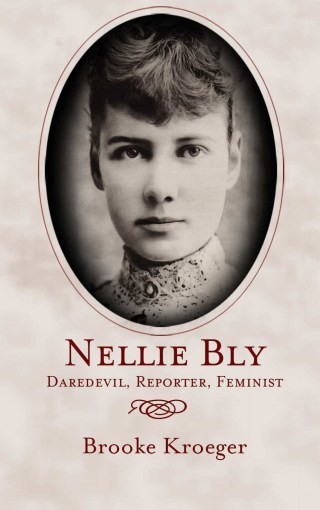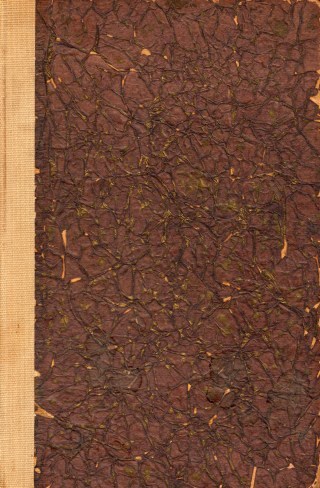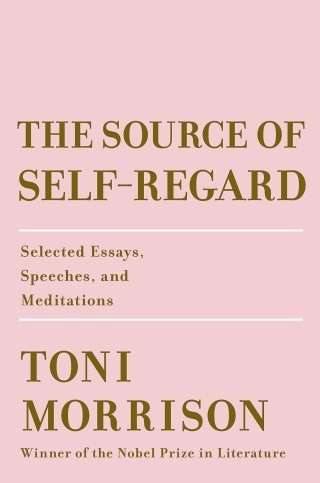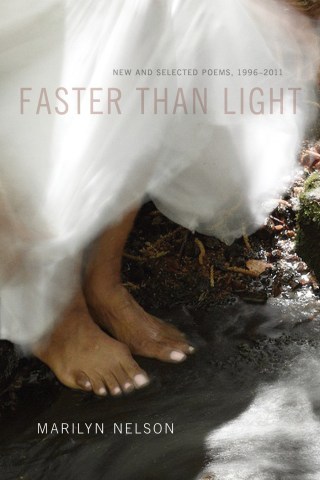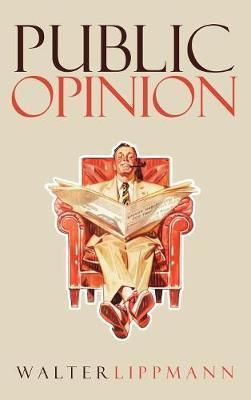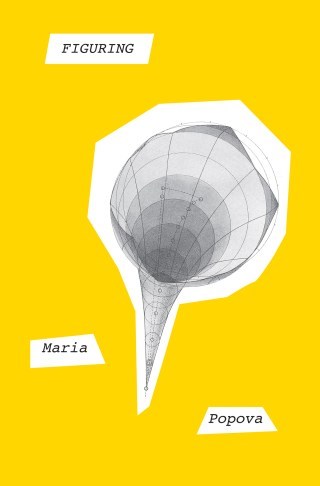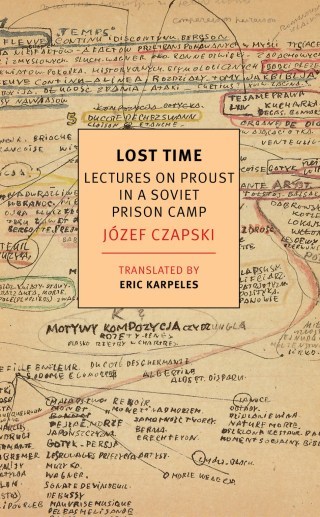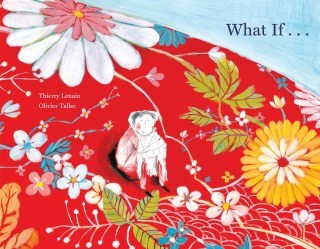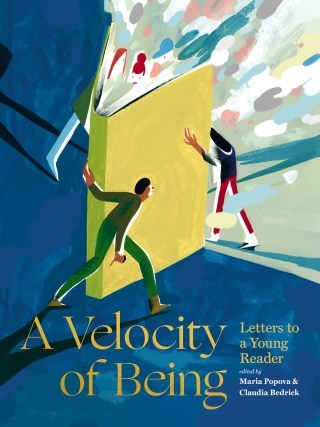Maria Popova's Blog, page 121
August 9, 2019
Nellie Bly Makes the News: An Animated Documentary About the Investigative Journalism Pioneer Who Paved the Way for Women in Media
In 1885, at the age of only twenty, Nellie Bly (May 5, 1864–January 27, 1922) composed and published a searing letter of response to a man who, as the father of five girls, cynically questioned what girls are good for. At twenty-two, she risked her life in a groundbreaking exposé of abuses at insane asylums, which led to some of the...
August 6, 2019
Trees at Night: Stunning Rorschach Silhouettes from the 1920s
Walt Whitman considered trees the wisest of teachers. Hermann Hesse found in them sweet consolation for our mortality. Wangari Maathai turned to them as a form of resistance and empowerment that earned her the Nobel Peace Prize. “The tree which moves some to tears of joy is in the eyes of other...
Borders and Belonging: Toni Morrison’s Prescient Wisdom on the Refugee Struggle, the Violence of Otherness, and the Meaning of Home
What does home mean and where do we anchor our belonging in a world of violent alienation and alienating violence? I use “alien” here both in the proper etymological sense rooted in the Latin alienus, “belonging to another,” and in the astrophysical sense of “from another planet,” “not human,” for the combined effect of a dehumanizing...
August 5, 2019
Faster Than Light: Marilyn Nelson Reads Her Exquisite Poem About the Purpose of Life and How Our Impermanence Both Frustrates and Fuels Our Creative Drive
“It’s so much more a thing of pliancy, persuasion,” the astronomer and poet Rebecca Elson wrote in her spare, lovely poem celebrating the genius of Einstein’s theory of relativity — genius at the heart of which was his bold and, at the time, countercultural decision to fix the speed of light as an immutable constant around which all the other variables converged to construct his groundbreakin...
August 4, 2019
The Antidote to Prejudice: Walter Lippmann on Overriding the Mind’s Propensity for Preconceptions
“We hear and apprehend only what we already half know,” Thoreau wrote as he contemplated with uncommon lucidity what it takes to apprehend reality unblinded by our preconceptions. Every once in a rare and rapturous while, the curtain of our preconceptions lifts and we are able to see, as Virginia Woolf did, “behind the cotton wool of daily life” and experience “a revelat...
August 1, 2019
Trailblazing 19th-Century Astronomer Maria Mitchell on Social Change and the Life of the Mind
“Everybody should have something to point to,” a mill laborer told Studs Terkel in a beautiful conversation about the dignity of labor. For the vast majority of human history, the vast majority of human labor has been exerted in the direction of alleviating hunger as the basis for the s...
July 31, 2019
Relationship Happiness and Your DNA: How One Gene Encodes Emotional Sensitivity
“An honorable human relationship — that is, one in which two people have the right to use the word ‘love’ — is a process, delicate, violent, often terrifying to both persons involved, a process of refining the truths they can tell each other,” Adrienne Rich wrote in her stunning meditation on relationships. A happy human relationship, it turns out, is contingent not upon the nature and deli...
Meditations on Proust in a Soviet Prison Camp: Polish Painter Józef Czapski on Literature, Survival, and the Human Soul
“The end of a book’s wisdom appears to us as merely the start of our own,” Marcel Proust wrote as he considered why we read. “There is some Proust in me, and through Proust, bit by bit, I become aware of my own possibilities,” the great Polish p...
July 29, 2019
What If: An Illustrated Celebration of the Utopian Imagination and the Will to Change the World
“The present is not a potential past; it is the moment of choice and action,” Simone de Beauvoir wrote. At bottom, choice and action always begin with “what if” — the mightiest spring for the utopian imagination, the fulcrum by which every revolution rolls into being. What if this world were freer, more beautiful, more just? “We will not know our own injustice if we cannot imagine justice. We will not be free if we do not im...
July 26, 2019
The Lioness in the Tall Grass: Farmer and Poet Laura Brown-Lavoie’s Extraordinary Letter to Children About the Power of Storytelling
“Literature,” Vladimir Nabokov wrote in his insightful meditation on storytelling, “was born not the day when a boy crying wolf, wolf came running out of the Neanderthal valley with a big gray wolf at his heels: literature was born on the day when a boy came crying wolf, wolf and there was no wolf behind him… Between the wolf in the tall grass and the wolf in the tall story there is a shimmering go-between. That go-between, that p...

